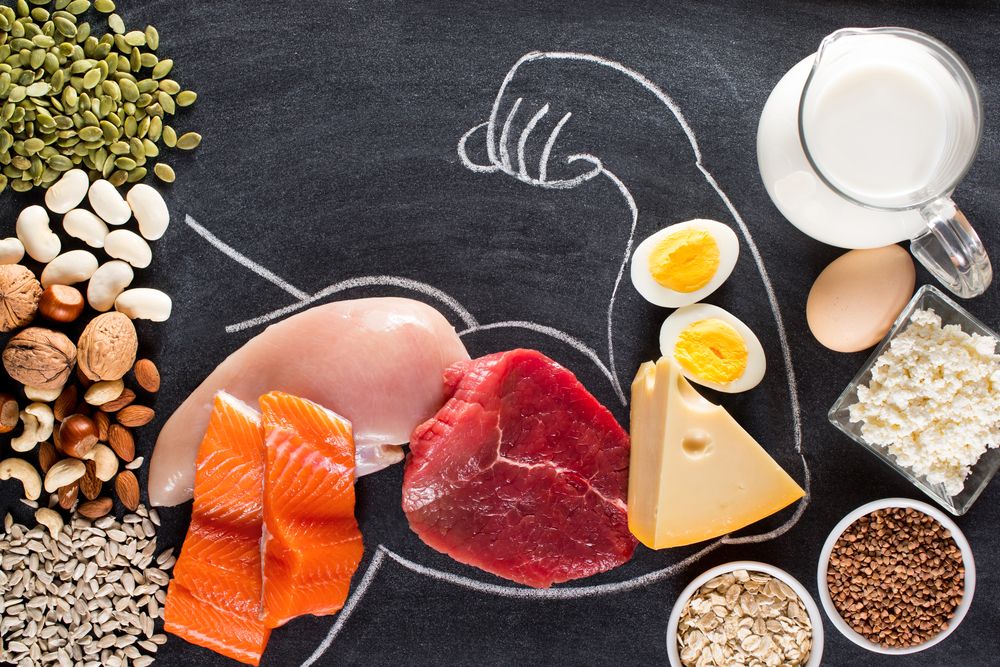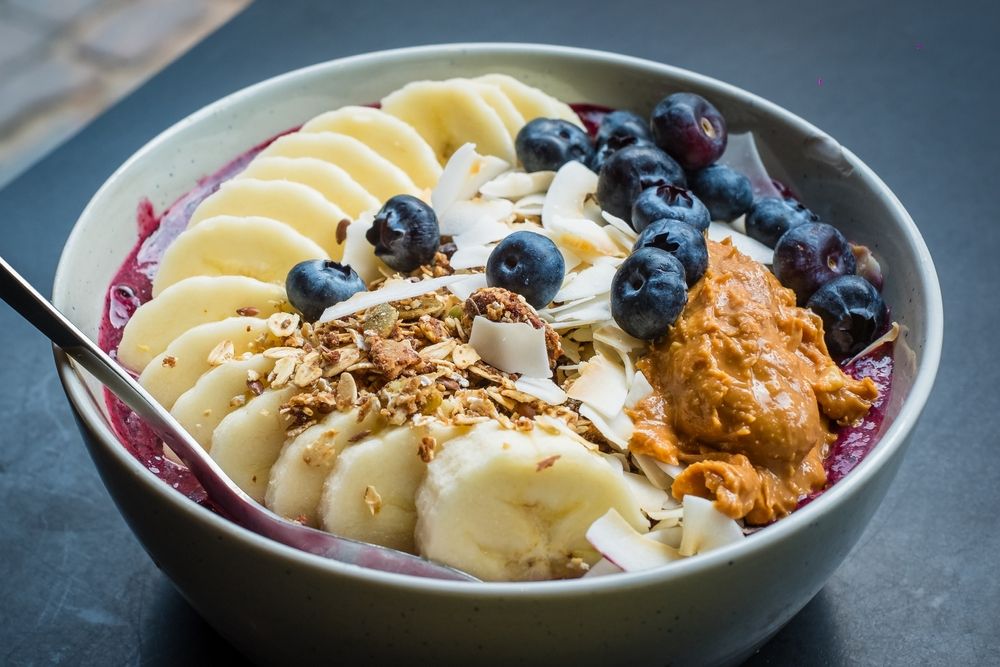Protein plays a vital role in our health, from muscle repair and immune function to maintaining healthy skin, hair, and bones. Yet, despite its importance, many misconceptions about protein persist. These myths can lead to misguided dietary habits, wasteful spending on supplements, or even fear of certain foods. This article aims to debunk the most common protein myths, empowering you to make smarter nutritional choices.
Myth: You Need Animal Protein to Build Muscle
A widespread belief is that only animal proteins like meat, eggs, or dairy are suitable for muscle growth. However, plant-based proteins—such as quinoa, tofu, lentils, chickpeas, and pea protein—also contain all the essential amino acids required for muscle development. Athletes on plant-based diets have proven that it is possible to build and maintain muscle mass with non-animal sources, as long as they consume a variety of foods to achieve a complete amino acid profile.
Incorporating different plant-based proteins into meals ensures you get the necessary nutrients. For instance, combining beans with rice or enjoying a smoothie with plant-based protein powder can provide the building blocks for muscle repair and growth.
Myth: The More Protein, the Better
Many people believe that consuming more protein than recommended will lead to better results, such as faster muscle growth or enhanced performance. While protein is essential, excessive consumption does not yield additional benefits. The body can only use a limited amount of protein per meal—typically 20-40 grams—depending on factors such as age, gender, and activity level.
Consuming more protein than the body needs can strain the digestive system, with the excess either excreted or stored as fat. A protein intake of 1.6 to 2.2 grams per kilogram of body weight per day is generally sufficient for athletes and individuals engaging in intense exercise. Eating more than this range offers no extra benefits and may lead to unnecessary calorie intake.
Myth: Protein Shakes Are Essential for Everyone
Protein shakes are popular among fitness enthusiasts and athletes, but they are not essential for everyone. Most individuals can meet their daily protein needs through whole foods, such as lean meats, fish, dairy, beans, and nuts. Protein shakes can be convenient for those with high protein demands, limited time, or dietary restrictions, but they are not a substitute for balanced meals.
For recreational exercisers or those with moderate activity levels, focusing on a nutritious diet provides all the necessary protein. Over-relying on shakes can lead to missing out on essential vitamins, minerals, and fiber found in whole foods.
Myth: High-Protein Diets Are Harmful to Your Kidneys
There is a misconception that high-protein diets damage the kidneys. While individuals with pre-existing kidney conditions should monitor their protein intake, healthy people can consume high-protein diets without harming their kidneys. Research shows that there is no evidence linking high-protein diets to kidney disease in those with normal kidney function.
Staying well-hydrated is essential for anyone consuming a high-protein diet, as water helps the kidneys process waste products efficiently. As long as protein intake is part of a balanced diet, there is no reason to fear kidney damage.
Myth: All Proteins Are the Same
Protein quality matters. Animal proteins tend to have higher biological value, meaning they are more easily absorbed and utilized by the body. However, plant-based proteins can provide similar benefits when consumed in combinations that offer a complete amino acid profile. Foods like soy, quinoa, and chia seeds are examples of plant-based proteins with all nine essential amino acids.
Even if plant proteins are not complete on their own, eating a variety of them throughout the day ensures the body gets the required nutrients. Understanding these differences allows people to make informed choices about their protein sources.
Myth: Older Adults Don’t Need as Much Protein
Contrary to popular belief, older adults require more protein than younger individuals to maintain muscle mass and prevent sarcopenia (age-related muscle loss). As people age, their muscles become less responsive to protein intake, requiring higher amounts to trigger muscle protein synthesis.
Increasing protein intake, along with resistance exercises, can help older adults maintain strength, mobility, and bone density. Protein-rich foods like eggs, fish, and Greek yogurt should be part of daily meals to support healthy aging.

Myth: Protein Makes You Gain Weight
While protein contains calories, it is unlikely to cause weight gain when consumed as part of a balanced diet. In fact, protein can aid in weight management by promoting satiety and reducing overall calorie intake. It also has a higher thermic effect, meaning the body burns more calories digesting protein than it does with fats or carbohydrates.
Studies have shown that diets higher in protein can lead to better appetite control and more sustained weight loss compared to low-protein diets. The key is to balance protein intake with healthy fats and carbohydrates for long-term success.
Myth: You Must Eat Protein Immediately After a Workout
The idea that protein must be consumed immediately after exercise is known as the “anabolic window” theory. While consuming protein post-workout is beneficial for muscle recovery, the window of time is broader than many people assume. Research suggests that consuming protein within a few hours after a workout is just as effective for muscle repair as consuming it immediately after.
The focus should be on meeting overall daily protein needs, rather than obsessing over precise timing. Eating a meal with a good balance of protein, carbohydrates, and healthy fats within two hours of exercise will provide the nutrients necessary for optimal recovery.
Myth: Protein-Rich Diets Cause Osteoporosis
Some believe that high-protein diets cause calcium loss and weaken bones, leading to osteoporosis. However, recent studies indicate that protein actually plays a role in supporting bone health. It helps build and maintain muscle mass, which in turn supports bones and reduces the risk of fractures.
Protein-rich diets, when combined with adequate calcium and vitamin D intake, contribute to stronger bones. The key is to ensure that high protein consumption is part of a balanced diet that includes bone-supporting nutrients.
Myth: Plant Proteins Are Inferior to Animal Proteins
While animal proteins contain complete amino acid profiles, plant-based proteins are not inferior. As long as individuals consume a variety of plant proteins throughout the day, they can meet their protein needs without difficulty. Foods such as lentils, chickpeas, soy, quinoa, and nuts are excellent sources of plant-based protein.
Plant-based diets also provide additional benefits, such as higher fiber intake and lower risks of chronic diseases, including heart disease and certain cancers. Transitioning to a plant-based diet can be both nutritious and sustainable.
Myth: Athletes Need Special Protein Supplements
While athletes have higher protein needs than the average person, they do not necessarily need supplements to meet these requirements. Whole foods like lean meats, eggs, dairy, beans, and grains can provide sufficient protein for most athletes. Supplements can be convenient, especially during busy schedules or competitions, but they are not essential.
Athletes should focus on total daily protein intake rather than relying heavily on supplements. Meeting protein needs through a varied diet ensures optimal performance and recovery.
Dispelling these protein myths helps people make informed dietary choices, leading to healthier and more sustainable lifestyles. Whether you aim to build muscle, manage weight, or age gracefully, the quality, quantity, and variety of your protein sources matter.
Understanding that plant-based proteins are just as effective as animal proteins, realizing that timing isn’t everything, and learning that high-protein diets are not harmful will allow you to approach nutrition with clarity.
Incorporating diverse sources of protein into your diet—whether from plants, animals, or a combination—ensures that your body receives the nutrients it needs for optimal health. A balanced approach to protein, free from misconceptions, paves the way for a healthier future.





